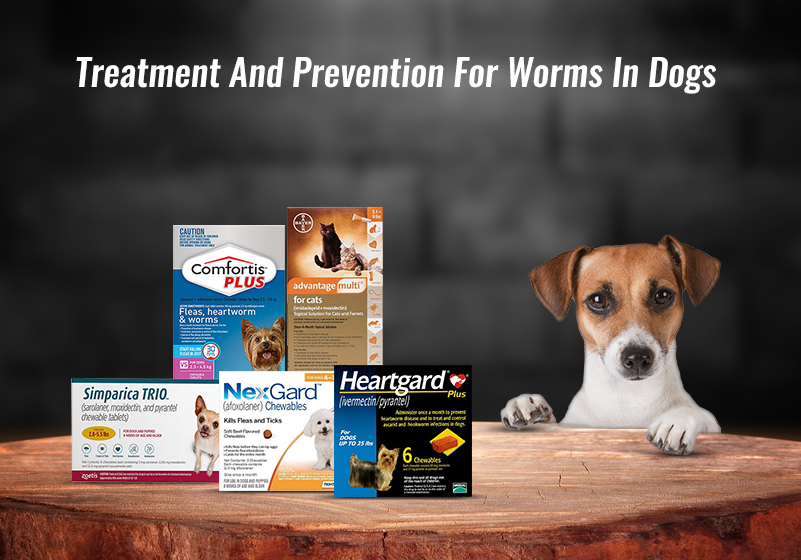
Your dog will almost certainly get intestinal worms at some point throughout their lives, which is an awful part of pet parenting. It’s even worse that intestinal worms frequently go unreported and misdiagnosed because symptoms aren’t always obvious. If left untreated, your dog may become extremely ill, and there’s a danger you’ll get infected as well. That’s why, as a pet parent, it is important to stay informed and prepared for protecting pets against harmful parasites.
Here’s What You Need To Know About Intestinal Worms And How To Protect Your Dog And Family.
What Are Intestinal Worms?
Intestinal worms are parasites that infect a host – such as your dog – and settle in their intestines, feeding on their blood or the food they eat and causing a variety of symptoms. Worms such as roundworms, hookworms, whipworm tapeworms, and heartworms can all affect your dog or puppy
Roundworms: Adult roundworms can be seen in your dog’s feces or vomit. They will appear white or light brown in color, long spaghetti-like, and reside in the intestinal tract.
Hookworms: Hookworms have sharp, biting mouthparts that they utilize to connect to the intestinal wall and feed on blood. They are much shorter than roundworms. The amount of blood lost in severe infestations might be lethal.
Whipworms: Whipworms are a prominent cause of sickness, especially in older dogs. Adult whipworms live in the large intestine and burrow through the intestinal wall with their thin head.
Tapeworms:In most cases, tapeworms do not cause serious sickness in dogs. Fleas transmit the flea tapeworm, which is the most prevalent parasite infecting dog. If your dog is infected you may observe worm segments in their feces and notice them scratching or licking their bottom.
Heartworms: Heartworms are the most dangerous worms in dogs, and they’re also the easiest to prevent. Because avoiding mosquito bites is practically difficult in most regions, veterinarians recommend regular heartworm preventatives to keep your dog safe. If left untreated, heartworms develop and reproduce within the heart, causing serious pulmonary illness, heart failure, and other organ damage, as well as death.
Intestinal Worms Infect Dogs And Puppies In A Variety Of Ways.
Intestinal worms can be picked up in a variety of areas, which is one of the reasons they are so frequent in dogs and puppies:
While Feeding Their Mother’s Milk: Puppies are frequently infected with worms by their mothers. If the mother has worms, she can transmit them to her puppies while they are still in the womb or through her milk.
In Feces Or Soil, From Worm Eggs Or Larvae: Dogs can develop worms if they eat eggs or larvae from contaminated dirt or grass; such as if your dog sniffs, digs, or plays with a toy in it. Hookworms can infect your dog by burrowing into the skin of your dog, usually the paws or belly.
From Scavenging Or Hunting: Your dog can get worms by eating infected creatures like mice, wildlife, and grazing animals while scavenging or hunting. This is how roundworms, hookworms, and tapeworms are contracted.
Flea Bites: Infected fleas can transmit tapeworms to your dog. If a dog eats a flea carrying the tapeworm parasite (for example, while grooming), he or she may develop tapeworms as well as a flea infestation.
Intestinal Worm Symptoms In Dogs
An intestinal worm infection in most dogs causes few or no symptoms. If symptoms do occur, they could include the following:
- Scooting around the bottoms
- Seeing worms or worm pieces in dog’s feces
- Feces that are bloody or mucoid
- Diarrhea
- Vomiting
- Abdominal swell
- Lethargy
- Deficiencies in nutrition
- Dehydration
- Coughing
- Anemia and possibly death are possible outcomes
These symptoms can cause a range of serious ailments that can be fatal to your dog and puppies if left untreated.
To identify if your dog has worms, and which sort of worms, your veterinarian will do a physical exam and take a stool sample for a fecal examination. You can also request that a fecal inspection be included in your dog’s regular wellness check to ensure that he is not infected.
How To Treat Or Prevent Intestinal Worms In Dogs?
The good news is that worm treatment for dogs is uncomplicated and extremely successful, and dog worming tablets and dewormers can be simply acquired from BestVetCare at an inexpensive price with exceptional bargains and discounts.
The Following Are The Most Popular Worming Options Recommended By Veterinarians And Pet Parents:
Visit BestVetCare To Find A Wide Range Of Well-Known And Effective Deworming Products For Your Dogs And Puppies To Choose From:

It is a great flea and worm treatment for puppies and dogs that protect against the most common intestinal worms, as well as heartworm, fleas, ticks, and mites, all in a delectable monthly chew.
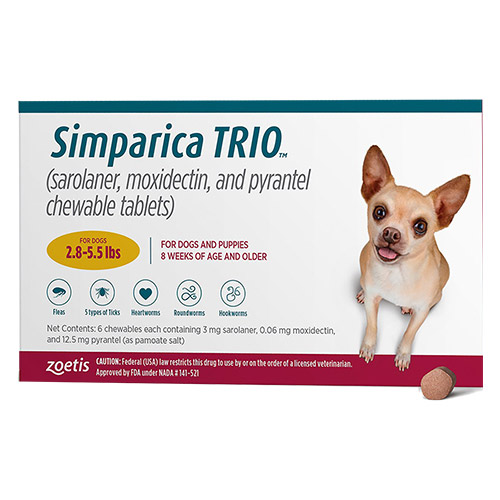
It’s the first monthly chew that protects dogs from heartworm disease, five different types of ticks, fleas, roundworms, and hookworms all in one monthly chewable. Read more to know everything you need to know about Simparica Trio
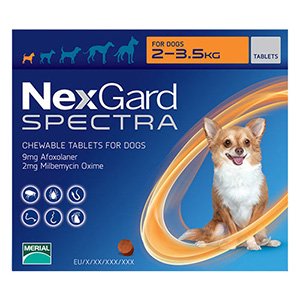
It’s a chew with a delicious real beef flavor that protects against intestinal worms and heartworms. Read more to know everything about Heartworms & prevention methods
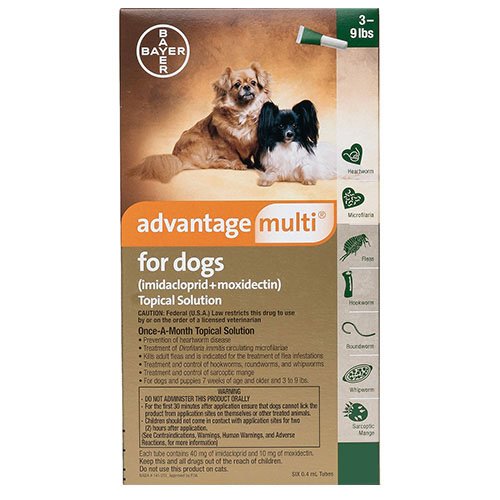
It’s an easy-to-apply intestinal worming spot-on treatment that protects against all types of intestinal nematode worms, including immature, adults, and larvae of roundworms and hookworms, as well as heartworms and fleas
Comfortis Plus (Trifexis) For Dogs
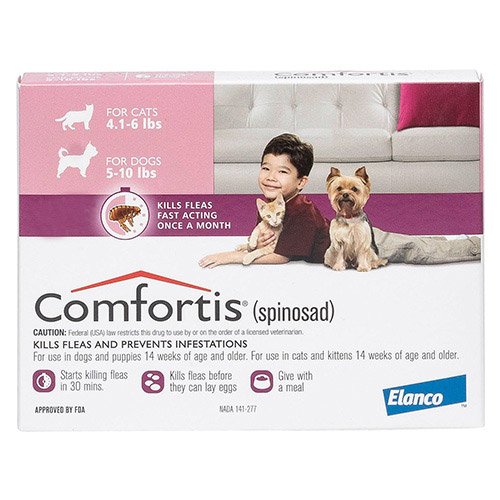
It’s a powerful monthly worming treatment that protects your dog from fleas, heartworms, and intestinal worms while also providing flea, heartworm, and intestinal worm protection (excluding tapeworm). The treatment is safe for dogs with flea allergic dermatitis and will give a month’s worth of flea prevention.
Bottom Line
The first line of defense against the spread of worms is to keep your dog on a deworming plan. Maintaining your dog’s overall health by ensuring that they eat balanced, nutritious food and get plenty of exercises will protect them from parasites and other ailments.
Worms are especially dangerous in puppies and dogs. Consult a veterinarian to learn how to worm dogs and puppies. They will assist you in selecting the best product and determining the best solution for your dogs.
